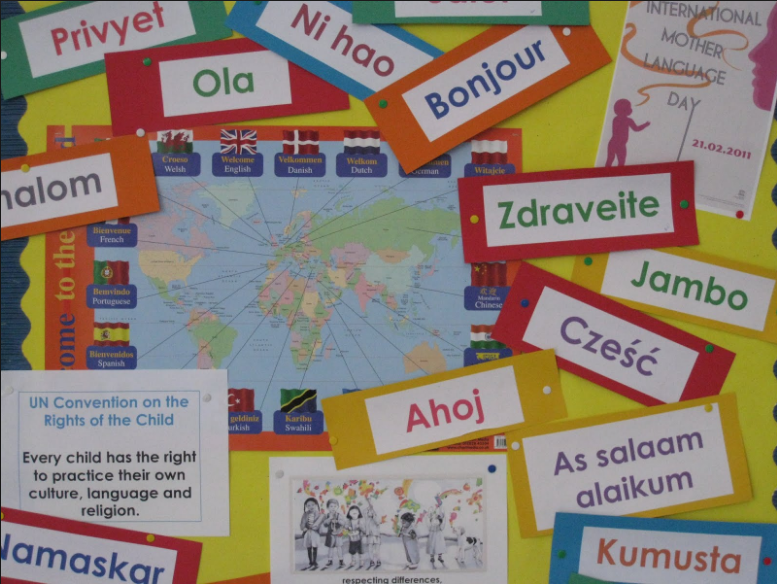
International Mother Language Day celebrates multilingualism and cultural diversity

Language barriers and the threat to thousands of endangered world languages serve as a major hindrance in the everyday lives of many people.
However, in 1999, the United Nations set out to change that with the establishment of International Mother Language Day, which is celebrated on 21St February under the theme indigenous languages as a factor in development, peace and reconciliation.
UNESCO has been celebrating International Mother Language Day for nearly 20 years and aims to promote mother tongue-based multilingual education. Every year, there are different themes to celebrate International Mother Language Day.
According to the UNESCO Global Education Monitoring Report, 40 percent of the global population does not have access to education in a language they speak or understand. This translates to over two billion people who would benefit from having books in their mother tongues.
Early February, renowned Kenyan author Professor Ngugi wa Thiong’o asked the Government to make learning of vernacular a policy and an added advantage for employment in the civil service.
“Government policy matters. Make African languages matter in real life. It should go all the way to secondary schools, universities and even the civil service,” he proposed.
Audrey Azoulay, Director-General of UNESCO, said, “Indigenous peoples number some 370 million and their languages account for the majority of the approximately 7,000 living languages on Earth. Many indigenous peoples continue to suffer from marginalization, discrimination and extreme poverty, and are the victims of human-rights violations.”
On the need to preserve mother-tongue language, UNESCO said, “Linguistic diversity is increasingly threatened as more and more languages disappear. Globally 40 per cent of the population does not have access to an education in a language they speak or understand,”
The multilingual and multicultural societies exist through their languages which transmit and preserve traditional knowledge and cultures in a sustainable way, it added.






